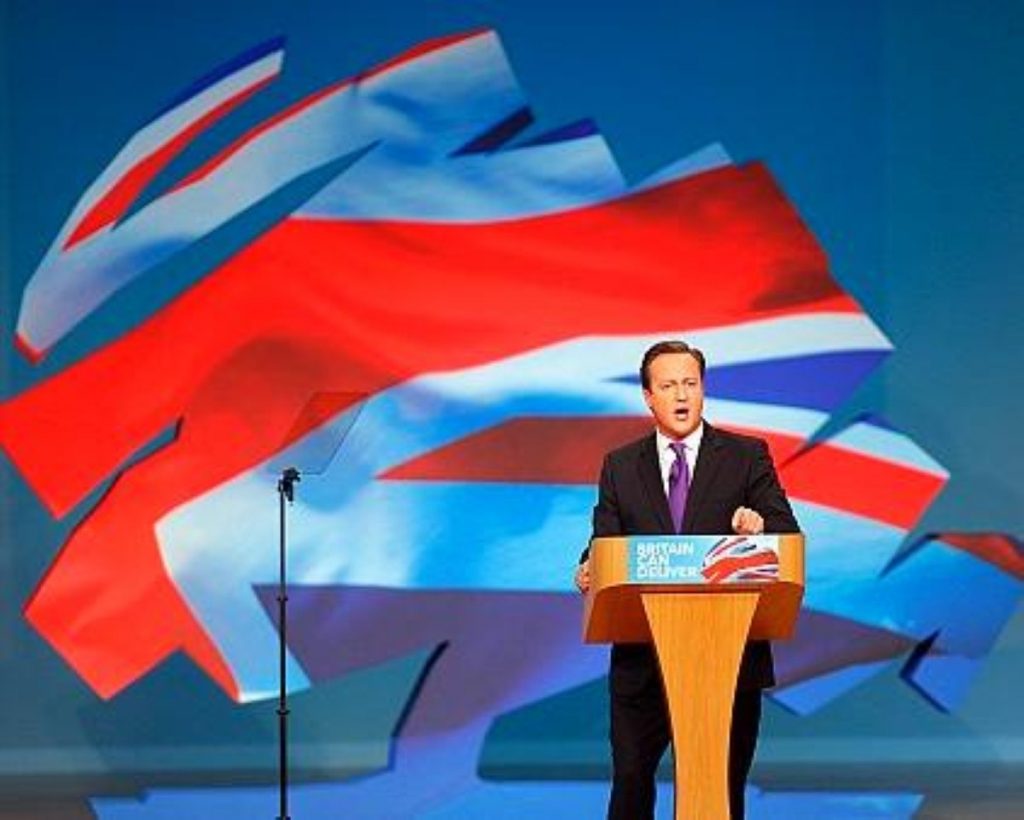At the eleventh hour, Cameron buckles on Bulgarian immigration
David Cameron gave in to demands for restrictions on Romanian and Bulgarian migrants today, just weeks before movement controls come to an end.
After a year of fierce debate on the move Cameron gave in and proposed restrictions on potential benefits claims for new migrants coming to the UK.
"We are changing the rules so that no-one can come to this country and expect to get out-of-work benefits immediately," he told the Financial Times.
The plans, which are supported by the Liberal Democrats, include:


- A ban on new migrants receiving out-of-work benefits for the first three months
- A six month limit on payments unless the claimant has a 'genuine' chance of getting a job
- A 'habitual residency test' to determine eligibility for benefits to be tightened up
- An earnings threshold to be introduced
- Removal for those not seeking work and those sleeping homeless, who will then not be able to return for 12 months
- New migrants unable to claim housing benefits immediately
- Quadrupled fines for employers not paying the minimum wage
In a sign of how determined the Liberal Democrats are to appear tough on immigration, Nick Clegg quickly expressed his support for the plans.
"These are sensible and reasonable reforms to ensure that the right to work does not automatically mean the right to claim," he said.
"Other countries in the EU already have similar policies and are considering the case for going further – unfettered access to benefits across the member states simply does not exist.
"Anyone who believes we are better off as an outward facing nation should support these changes. If we don't get to grips with these issues, pro-Europeans surrender the debate to the Ukips of this world."
But the party disassociated itself from other comments from Cameron, in which he challenged the principle of free movement in the EU.
"It is time for a new settlement which recognises that free movement is a central principle of the EU, but it cannot be a completely unqualified one," Cameron said.
"We are not the only country to see free movement as a qualified right: interior ministers from Austria, Germany and the Netherlands have also said this to the Commission.
"So Britain, as part of our plan to reform the EU, will now work with others to return the concept of free movement to a more sensible basis."
A Liberal Democrat source commented: "The prime minister has floated some policies for the Conservatives post-2015, which clearly are not agreed government policy."
Nigel Farage, who has won considerable political support with a relentless campaign on the end of the movement controls, was left unimpressed by the U-turn.
"Every time he shoots our fox we go up in the opinion polls. People just don’t believe this man," he told Radio 4.
"I would still say were being far too generous even if he does have the guts to put this in place.
"All he's doing is trying to curry favour on one aspect: benefits."
Labour criticised the plans for not targeting gangmasters or offering plans to train up domestic workers in sectors reliant on migrant labour.
"Rather than following a coherent plan, they are flailing around. No wonder public confidence in the government's handling of this issue has collapsed," shadow home secretary Yvette Cooper said.
Movement controls come to an on January 1st 2014.









